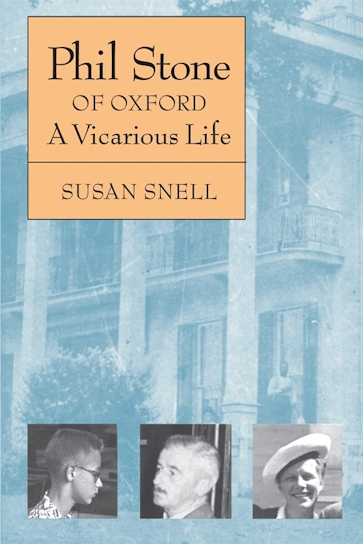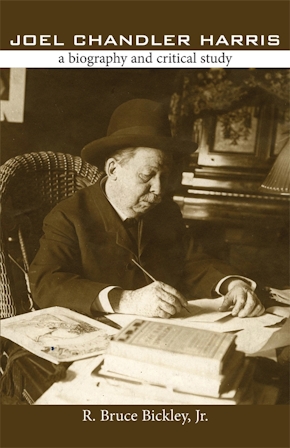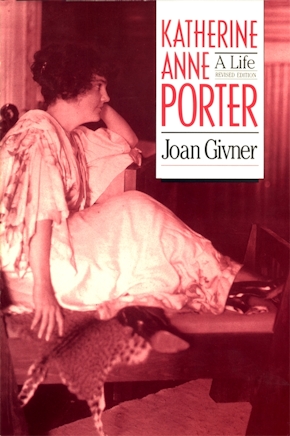Phil Stone of Oxford
A Vicarious Life
Title Details
Pages: 432
Trim size: 6.000in x 9.000in
Formats
Paperback
Pub Date: 11/01/2008
ISBN: 9-780-8203-3366-3
List Price: $34.95
Series
Phil Stone of Oxford
A Vicarious Life
Skip to
- Description
- Reviews
- Awards
William Faulkner is Phil Stone's contribution to American literature, once remarked a mutual confidant of the Nobel laureate and the Oxford, Mississippi, attorney. Despite his friendship with the writer for nearly fifty years, Stone is generally regarded as a minor figure in Faulkner studies. In her biography Phil Stone of Oxford, Susan Snell offers the first complete critical assessment of Stone's role in the transformation of Billy Falkner, a promising but directionless young man, into William Faulkner, arguably the greatest American novelist of the twentieth century.
In the first decades of their friendship, Stone served Faulkner in many ways—as mentor, muse, patron, editor, agent, and publicist. Later, Stone was among Faulkner's first biographers and was a source of archival, biographical, and critical information for such Faulkner scholars as James B. Meriwether and Carvel Collins.
Ironically, the most intriguing aspect of Stone's relationship with Faulkner has until now been the least studied. Stone was one of Faulkner's principal character studies, and from his life came the raw material out of which Faulkner constructed a good part of his fictional Yoknapatawpha County. Stone's Ivy League education, his friendships with gamblers and prostitutes, his family's hunting excursions, even his family's antebellum mansion only begin to suggest the borrowings from Stone's life found in books ranging from The Sound and the Fury and Go Down, Moses to the Snopes trilogy.
Faulkner also appropriated Stone's personality and profession to mirror—and sometimes mask—his own insecurities. Such characters as Quentin Compson, Darl Bundren, Horace Benbow, and Gavin Stevens owe much to the author himself but also recall Stone in often subtle ways.
The fraternal rivalries for their mother's love that consume Darl Bundren and Quentin Compson, for example, are based on Stone's own unhappy family life. Bundren's and Compson's mothers more closely resemble Stone's mother than Faulkner's.
In Stone, Faulkner saw the Old South confronting its twentieth-century crucibles—the teeming, rapacious white lower classes; the Great Depression; and the first stirrings of the civil rights and women's movements. In the 1930s, Faulkner recurrently dealt with the region's decadence and the fall of old patriarchies like the Compson and Sartoris families. During these years, Faulkner's fortunes rose steadily as Stone's declined, but it is Stone's story—not his own—that he chose to tell. Snell says that in a sense Faulkner usurped Stone's place in the South's social order, building his reputation and acquiring real estate as personal and financial failures nearly overwhelmed Stone.
Stone's transparent jealousy of Faulkner, personality flaws, and mental instability in his final years have engendered skepticism about his claims concerning the years he had spent "fooling with Bill." But, to hastily relegate Stone to the marginalia of Yoknapatawpha County, Snell suggests, is to leave untapped a rich source of information.Phil Stone of Oxford tells the tragic story of a talented, complex man, bred for power in the declining era of southern patriarchy, yet compelled to pursue the Muse vicariously.
Ms. Snell enters day by day and week by week Faulkner's old hometown and that largely vanished South, and she records them more fully than any Faulkner biography has done. . . . Phil Stone can thus be read not simply as a biography of a minor character, but as a meditation on life and art and the curious interchanges by which the two become one.
—New York Times Book Review
Useful and entertaining . . . A sympathetic biography of a complex, popular small-town lawyer, a life worth reading.
—Atlanta Journal-Constitution
[Snell] makes the Oxford, Miss., of both men's childhood and young truly alive and intelligible. Stone's biographer can tell a tale: in depicting and explaining the community's economic ups and downs, its political and family intrigues, in recreating the back-porch gossip of Phil's and Bill's small university town and surrounding territory, and describing how in that idyllic summer before the Great War, Bill, Phil and the 'gang' that hung around the Carters and the Oldhams 'practiced idleness together,' she makes the actual as real as Faulkner's fiction.
—Chicago Tribune
A first-rate biography of a key person in William Faulkner's life.
—America
Winner
McLemore Prize, Mississippi Historical Society
Winner
New York Times Notable Book, New York Times



